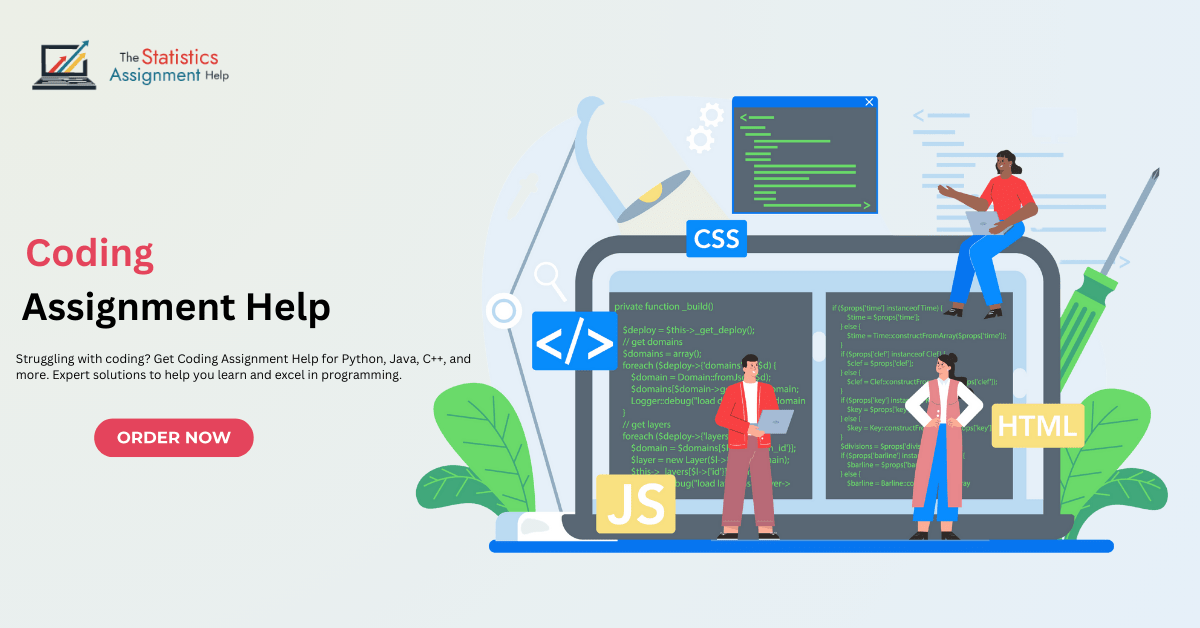The manufacturing industry has always been at the forefront of technological advancements, evolving from mechanization to the modern era of smart factories. Today, various emerging technologies are driving industrial transformation, with Generative AI playing a pivotal role. The traditional manufacturing challenges, such as supply chain disruptions, are now being tackled with automation. Generative AI is revolutionizing the sector by enhancing productivity, improving customer service, and creating a unique ecosystem. In smart manufacturing, Generative AI streamlines challenges such as accelerating design iterations and scaling production while leveraging real-time sensor data to optimize processes.
According to Rockwell Automation’s 9th Annual State of Smart Manufacturing Research Report 2024, Generative AI is a top investment priority for manufacturers. This blog explores the capabilities of Generative AI in the manufacturing sector and highlights the advantages it offers to smart manufacturing companies. Generative AI has ushered in an era where machines act as creative partners, driving innovation, ideation, and generating novel solutions based on extensive data training.
The Importance of Generative AI in Smart Manufacturing
Generative AI is reshaping industrial operations by optimizing production processes and improving organizational efficiency. By utilizing real-time data from interconnected devices, AI automates workflows, enhances decision-making, and reduces downtime. Traditional methods are being replaced with rapid iteration cycles, allowing engineers to explore diverse design options using natural language before refining them with conventional tools.
Scope of Generative AI in Manufacturing
Generative AI creates value by identifying insights and patterns derived from vast datasets. Across manufacturing domains, it presents unprecedented opportunities in efficiency and innovation, transforming areas such as process optimization, product design, quality control, and more. Below are key applications of Generative AI in manufacturing:
1. Process Optimization
Generative AI recommends optimized manufacturing processes, including production schedules, machine settings, and resource allocation. This leads to enhanced efficiency and increased productivity.
2. Product Design & Development
Generative AI accelerates product design by analyzing multiple parameters, including performance requirements and manufacturing constraints. This innovation enables manufacturers to create unique and efficient solutions swiftly.
3. Quality Control
Generative AI develops intelligent models capable of detecting and predicting defects in real-time. This technology improves product quality while reducing the time and costs associated with quality control measures.
4. Predictive Maintenance
Generative AI is instrumental in predicting equipment failures and maintenance errors. By facilitating proactive maintenance strategies, it helps minimize downtime and optimize manufacturing efficiency.
5. Supply Chain Management
Generative AI enhances supply chain operations by optimizing inventory, forecasting demand, and assessing risks. It enables organizations to navigate complex global supply chains effectively.
Real-Time Problem-Solving with AI
Manufacturing facilities frequently encounter challenges such as a lack of real-time visibility and equipment malfunctions. By integrating Generative AI, companies can analyze maintenance logs to identify patterns and anomalies. Implementing predictive maintenance enables manufacturers to proactively address issues, minimizing disruptions and enhancing operational efficiency.
Continuous Improvement with Generative AI
Generative AI fosters continuous learning and business improvement by generating insights based on real-time data and feedback. This approach helps manufacturers align with current industry standards and anticipate future market trends.
How Generative AI Enhances Manufacturing & Business Operations
Smart factories can significantly reduce operational costs while ensuring that products reach the market at the right time. When selecting an AI development company, it is crucial to evaluate the key factors that determine the best fit for your project. To maintain a competitive edge, manufacturing firms must invest in Generative AI services.
1. Strategic Decision-Making
Generative AI rapidly analyzes vast datasets, providing manufacturing facilities with actionable insights to make informed strategic decisions.
2. Resource Optimization
Manufacturers are leveraging Generative AI to enhance resource utilization and reduce costs. Advanced algorithms offer a comprehensive view of resource allocation, resulting in streamlined and efficient processes.
3. Advanced Efficiency
By automating various manufacturing functions—including workflow optimization, ideation, design, supply chain management, and quality control—Generative AI enhances product development and overall operational efficiency.
Use Cases of Generative AI in Manufacturing
Generative AI applications primarily leverage advanced technologies such as Generative Adversarial Networks (GANs), which enable machines to create innovative designs by learning from extensive datasets. Below are some practical use cases:
1. Computer Vision
Computer vision plays a crucial role in quality control by detecting defects during production. When combined with Generative AI, it enables automated corrections, reducing defects without human intervention.
2. Scalable Solutions for Smart Manufacturing
As manufacturing complexity increases, companies require scalable AI solutions to ensure seamless implementation across various applications. Generative AI provides comprehensive solutions that adapt to evolving industry needs.
Final Thoughts
Generative AI is transforming manufacturing processes by streamlining operations with cutting-edge technology. It empowers smart manufacturing by generating innovative insights, optimizing design workflows, and enhancing supply chain efficiency. By investing in Generative AI services, manufacturers can improve operations, drive innovation, and stay competitive in a rapidly evolving business landscape.
To learn more about Generative AI, explore its impact on manufacturing and discover how AI-driven data analytics solutions can enhance efficiency and productivity.












